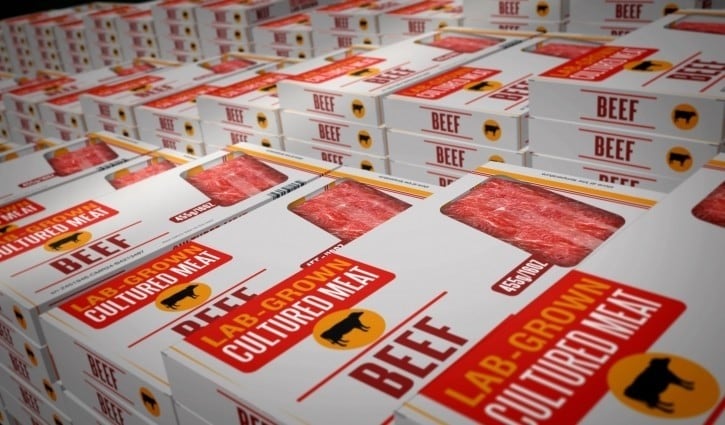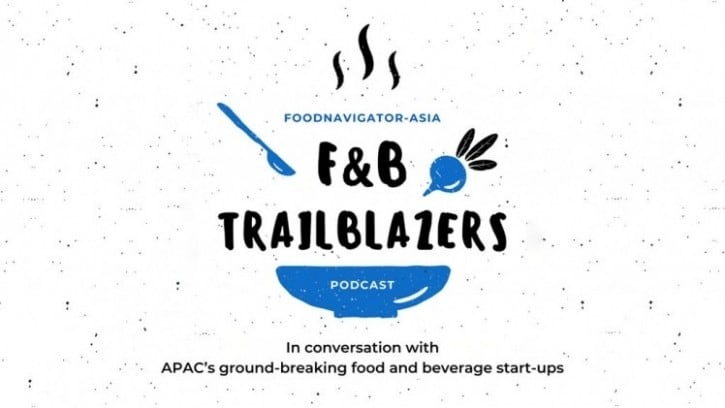The local Ministry of Food and Drug Safety (MFDS) has already published temporary standards dubbed the ‘Standards for Recognition of Temporary Standards and Specifications for Food, etc.’ which covers food ingredients coming from cell and microbial origins, including cultivated meat and seafood.
These standards include clarification of the scope and preparation instructions for the submission of food ingredients made using cell culture technologies and is currently still being finalised after receipt of public comments.
“MFDS is working to ensure the safety and competitiveness of cell-cultivated foods by developing detailed regulatory support that can benefit the industry,” MFDS Deputy Director Kim Yu-mi said via a formal statement.
“That said, it is always difficult for novel foods to gain a standing in the local South Korean market – in this sort of situation, gaining consumer trust is the most important factor.
“As such, we will work together with the industry, and ensure that the development of these novel foods are of excellent quality and guaranteed safety before being provided to the public.
“For all such novel technologies in the food sector, public health and safety is the main priority and MFDS will ensure these are incorporated well into local food safety policies.”
Kim made the statement after attending a manufacturing demonstration at local cell-cultivated meat firm Seawith and a forum discussing major cultivated meat industry challenges.
Seawith aims to develop the country’s first cultivated steak product, and is basing its technology on raw materials from a marine source.
“We have developed scaffolding based on seaweed to hold the bovine cells that will make up the steak, and this will also allow for the deeper penetration of nutrients into the tissue culture,” Seawith CTO Heejae Lee told us.
“This is in addition to our own culture media made from microalgae which is much cheaper than regular media due to microalgae’s abundance and also has the added benefit of natural algae nutrients.
“We aim to make 1kg of meat for less than US$3 per kilogramme by 2030.”
The firm has collaborated with Singaporean commercial cultivated meat production firm Esco Aster to accelerate its road to commercialisation, banking on Singapore’s position as the first country in the world to approve cultivated meat as a novel food – but has made no secret of its desire to manufacture and grow locally, which the upcoming legislation will make possible.
Costing concerns
One major difference between the proposed South Korean framework and Singapore’s existing one is the fact that the former will come at a rather steep monetary cost.
In a section of the application form specifically pertaining to cultivated food, the cost of application was specified as KRW45mn (US$33.1mn) – a large sum for just an application, considering many of the firms in this space are generally start-ups with limited funding.
The total time for processing an application is up to 270 days.
We will be discussing Protein Trends in-depth as a major topic in our upcoming Growth Asia Summit 2024 in Singapore this July - click here to find out how you can join us!





